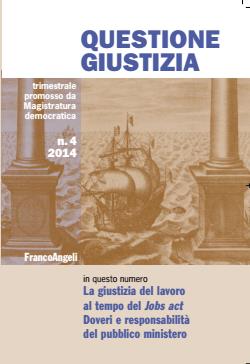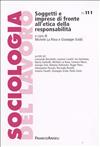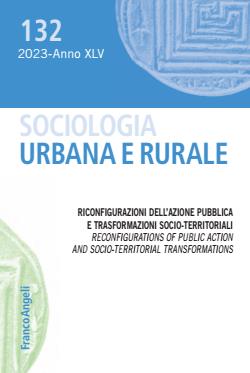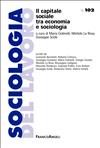
Consumer Social Responsibility and Corporate Social Responsibility To what extent can consumers support a firm’s decision to make socially responsible choices? After presenting the main examples of ethical consumerism, this article proposes a definition of Consumer Social Responsibility and focuses on the experience of the Gruppi di Acquisto Solidale; this seems to be the case study most closely connected to the idea of Consumer Social Responsibility with a view to actively promoting Corporate Social Responsibility.









